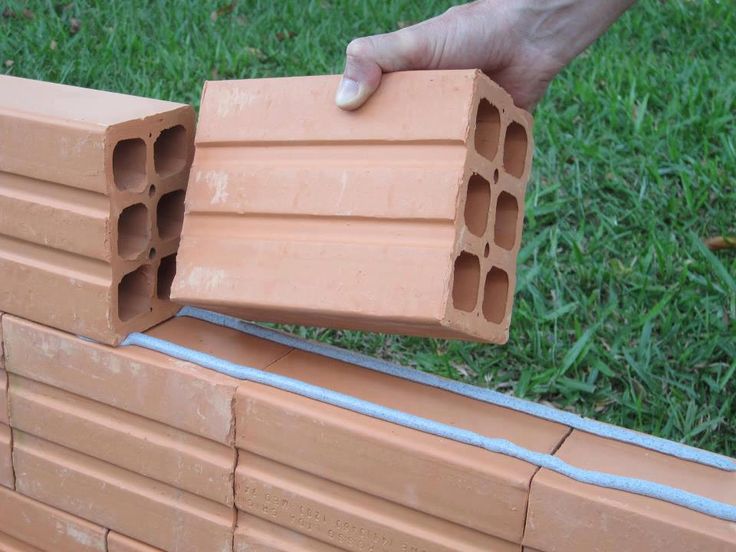In the world of construction and design, stone has long been revered for its exceptional durability. From ancient civilizations to modern architecture, this natural material has stood the test of time, earning its reputation as the most durable substance. In this blog post, we will delve into the reasons why stone is considered the epitome of strength and explore its various applications across different industries.
- Geological Formation:
Stone, in its various forms such as granite, marble, and limestone, is formed through geological processes that take millions of years. The intense pressure and heat deep within the Earth's crust result in the formation of compact and tightly bonded mineral structures. This unique geological composition contributes to the remarkable durability of stone, making it resistant to wear, weathering, and other external forces. - Structural Integrity:
One of the key factors that make stone highly durable is its exceptional structural integrity. The interlocking crystal structure of stones like granite provides immense strength, allowing it to withstand heavy loads and extreme conditions. This inherent strength makes stone an ideal choice for constructing buildings, bridges, and monuments that need to endure for centuries. - Resistance to Environmental Factors:
Stone possesses remarkable resistance to environmental factors such as moisture, temperature fluctuations, and chemical exposure. Its dense composition acts as a natural barrier, preventing water penetration and minimizing the risk of damage caused by freeze-thaw cycles. Additionally, stone's resistance to chemicals makes it suitable for applications in industries like chemical processing and manufacturing. - Longevity and Low Maintenance:
Stone's durability translates into longevity, making it a cost-effective choice in the long run. Structures built with stone can withstand the test of time, requiring minimal maintenance and repairs. Unlike other materials that may deteriorate over time, stone maintains its original appearance and strength for generations, reducing the need for frequent replacements. - Versatility and Aesthetics:
Apart from its exceptional durability, stone offers a wide range of colors, textures, and patterns, making it a versatile material for architectural and design purposes. From elegant marble floors to rugged granite countertops, stone adds a touch of natural beauty and sophistication to any space. Its aesthetic appeal, combined with its durability, makes it a preferred choice for both interior and exterior applications.
Conclusion:
In conclusion, stone's unrivaled durability stems from its geological formation, structural integrity, resistance to environmental factors, longevity, and low maintenance requirements. Its versatility and aesthetic appeal further enhance its desirability across various industries. Whether it is used in construction, interior design, or industrial applications, stone continues to be the epitome of strength and endurance. Embracing the timeless beauty and durability of stone ensures that our creations will withstand the test of time.



